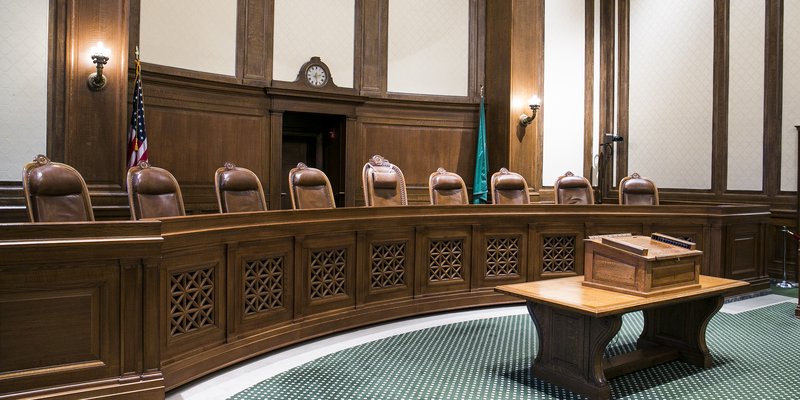Washington Supreme Court affirms "special consideration" rule for attending physicians
April 29, 2016

What does it mean in Washington for the testimony of injured workers' attending physicians to be given "special consideration" in appeals, and is that a mandatory rule upon which juries in Superior Court appeals must be instructed?
The Washington Supreme Court answered that question yesterday in Clark County v. McManus, an appeal raising the issue whether a superior court in a workers' compensation trial may treat the "special consideration" jury instruction as discretionary -- can instruct the jury on it -- or mandatory -- must instruct the jury on it.
The "special consideration" jury instruction restates the familiar rule in Washington that a jury "should give special consideration to testimony given by an attending physician." The instruction also states, "Such special consideration does not require [the jury] to give greater weight or credibility to, or to believe or disbelieve, such testimony. It does require that [the jury] give any such testimony careful thought in [its] deliberations."
In McManus, the Superior Court did not give the instruction. The judge thought it was unnecessary in light of the general instructions on witness credibility, allowing the worker to argue that his attending physician as such was better qualified than other experts to render an opinion about the work-relatedness of his condition.
Not so, held a unanimous court, reasoning that its past decisions, as well as the general policy of the Board of Industrial Insurance appeals and the Department of Labor & Industries, indicate that the special consideration rule for AP testimony is mandatory, not discretionary.
It criticized a roughly 25-year old Court of Appeals decision, McClelland v. ITT Rayonier, Inc., in which the Court of Appeals called out the rule thusly:
We are unsure what the Supreme Court means by 'special consideration.' [The Court] explained that this does not require a jury to 'give more weight or credibility to the attending physician's testimony, but to give it careful thought. We assume that the jury gives careful thought to every witness's testimony. If the attending physician's testimony does not carry any more weight or credibility with the jury, how then does the jury give it special consideration?
The court didn't really answer that question. But it did make clear that Superior Courts must give the special consideration instruction in workers' comp jury trials.
Did the court leave any argument for defense counsel who would argue the court ought not give the instruction, or Superior Court judges who agree with the reasoning in McClelland? Maybe - there are a couple wiggle words in the decision.
In the language of its actual holding, the court found key significance in the fact that McManus had only one attending physician: "We hold that in cases such as this where one attending physician testifies, the special consideration instruction must be given." A couple paragraphs earlier, the court noted the possibility that "giving the special consideration instruction [would] cause confusion where there is [] conflicting testimony from multiple attending physicians." Finally, the court in its concluding words limited its holding to "situations present here."
So the door is cracked slightly for future litigants to distinguish McManus on the issue of the jury instruction, but that crack is probably limited to multiple attending physician cases. More likely, the case will be seen as an affirmation for the Board of Industrial Insurance Appeals to give not just special consideration, but more weight and credibility, to attending physician testimony in BIIA appeals.
In broader public policy terms, the persistence of the special consideration rule highlights perennial controversies over the use of independent medical examinations in Washington. While the claimants' bar would seemingly like to have it both ways -- special consideration for the attending physician, and restrictions and regulations on independent exams -- a special evidentiary rule for the attending physician actually highlights the need for good IMEs when the Department or an employer feels there is reason to dispute a claimant's medical or causality contention. Differing views over that contentious issue are likely to be exacerbated by the court's holding in McManus.
A copy of the decision is available here.